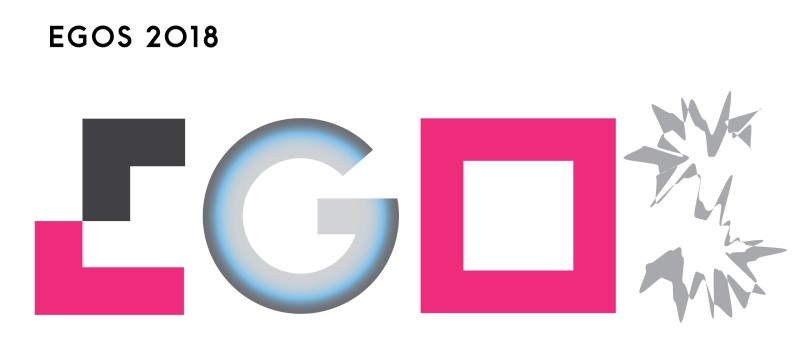Sub-theme 04: [SWG] Multi-level Network Research: The Relationship between Intra- and Interorganizational Networks
Call for Papers
The EGOS Standing Working Group (SWG 07) on Organizational Network Research aims to encourage micro-macro, multilevel theorizing
in organizational network research. The great opportunity presented by multilevel approaches to network theories of organizations
has only recently crystallized in organizational discourse. In the past few years, several analyses have underscored that,
while social network theory has been applied to organizational research across levels of analyses, and network constructs
naturally lend themselves to micro-macro theorizing, drawing multilevel connections in network studies of organizations has
been far less frequent (Oh et al., 2006; Moliterno & Mahony, 2011; Payne et al., 2011; Phelps et al., 2012).
This gap presents organizational scholars with a still largely untapped opportunity. Theorizing about organizational networks
at either the micro or the macro level obscures insights that can be garnered by integrating the two. Significant advances
are possible with research on inter-organizational networks that relates micro social-psychology to the emergence of social
structure at the macro level. Likewise, macro-structural processes can influence the emergence, stability and evolution of
interpersonal networks within and between organizations.
The intersection between intra- and inter-organizational
networks is central to the multi-level focus of the SWG as it links micro interpersonal processes and relationships to macro-level
relations and processes between organizations and in organizational fields. To date, most research on organizational networks
has focused either on inter-organizational or on intra-organizational collaboration and exchange. In contrast, the link between
inter- and intra-organizational networks remains largely unexplored (Van Wijk et al., 2008). For instance, we still know little
about how knowledge resulting from inter-organizational collaboration can be made available to individuals and groups within
the firm. Likewise, we lack knowledge on how characteristics of the intra-organizational network may affect an organization’s
tendency to span firm boundaries. Investigating the interplay of intra- and inter-organizational networks is highly relevant
and has the potential to contribute to the literature on topics such as absorptive capacity, knowledge transfer, innovation
and creativity, organizational culture, affect and cognition, or network dynamics, to name but a few.
Possible
topics include, but are not limited to, the following:
The interplay between intra- and inter-organizational networks in general, its antecedents, and consequences;
The role of boundary-spanners for the internal dissemination of external knowledge and information and vice versa;
The dynamic interplay of elite interpersonal networks and inter-organizational networks;
Processes such as knowledge transfer, knowledge diffusion, or knowledge absorption at the intersection of intra- and inter-organizational networks;
The perception of inter-organizational networks and its consequences for network evolution;
Organizational boundaries as barriers or facilitators of resource transfer from inside the firm to the outside and vice versa.
References
- Moliterno, T.P., & Mahony, D.M. (2011): “Network theory of organization: A multilevel approach.” Journal of Management, 37, 443–467.
- Oh, H., Labianca, G., & Chung, M.-H. (2006): “A multilevel model of group social capital.” The Academy of Management Review, 31, 569–582.
- Payne, G.T., Moore, C.B., Griffis, S.E., & Autry, C.W. (2011): “Multilevel challenges and opportunities in social capital research.” Journal of Management, 37, 491–520.
- Phelps, C., Heidl, R., & Wadhwa, A. (2012): “Knowledge, networks, and knowledge networks: A review and research agenda.” Journal of Management, 38, 1115–1166.
- van Wijk, R., Jansen, J.P., & Lyles, M.A. (2008): “Inter- and intra-organizational knowledge transfer: A meta-analytic review and assessment of its antecedents and consequences.” Journal of Management Studies, 45 (4), 830–853.


